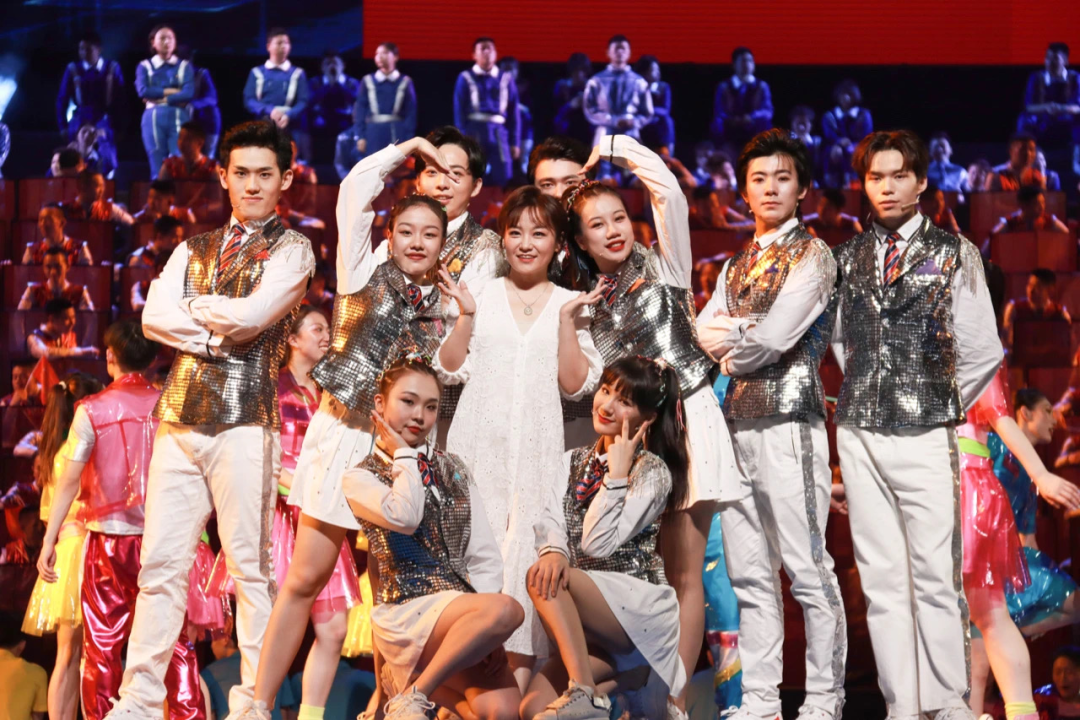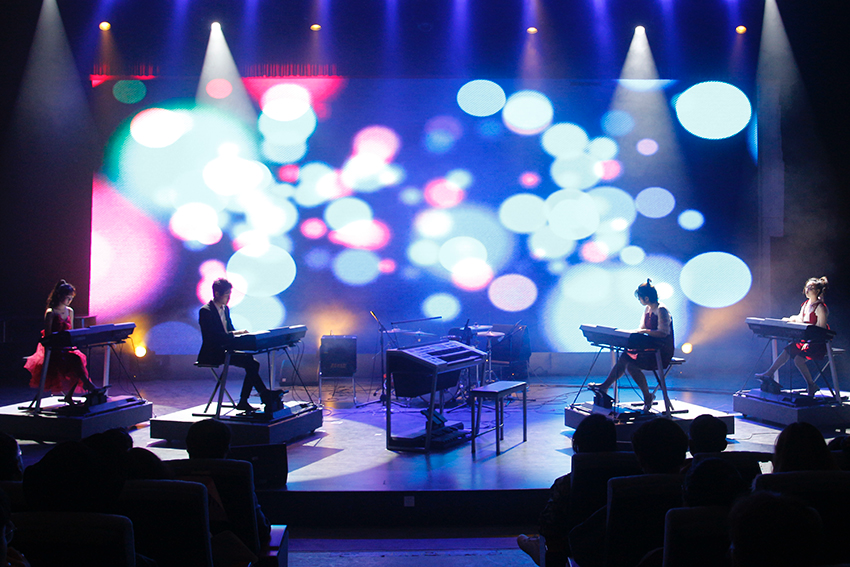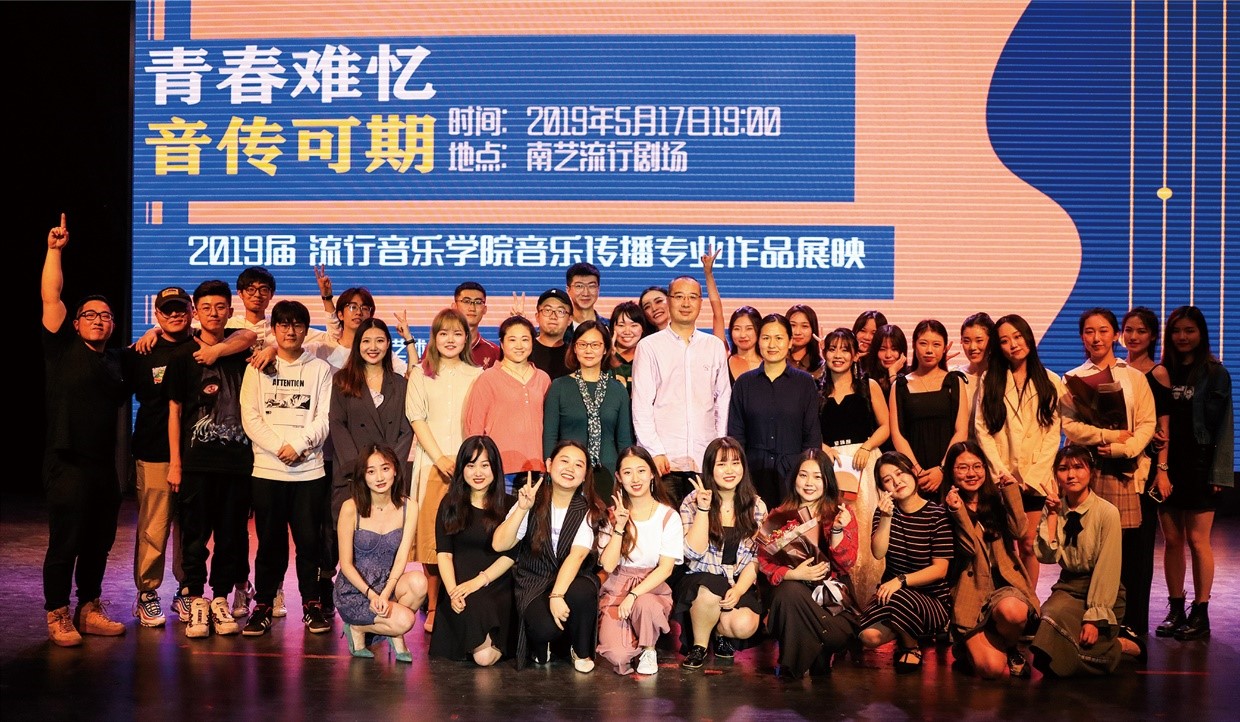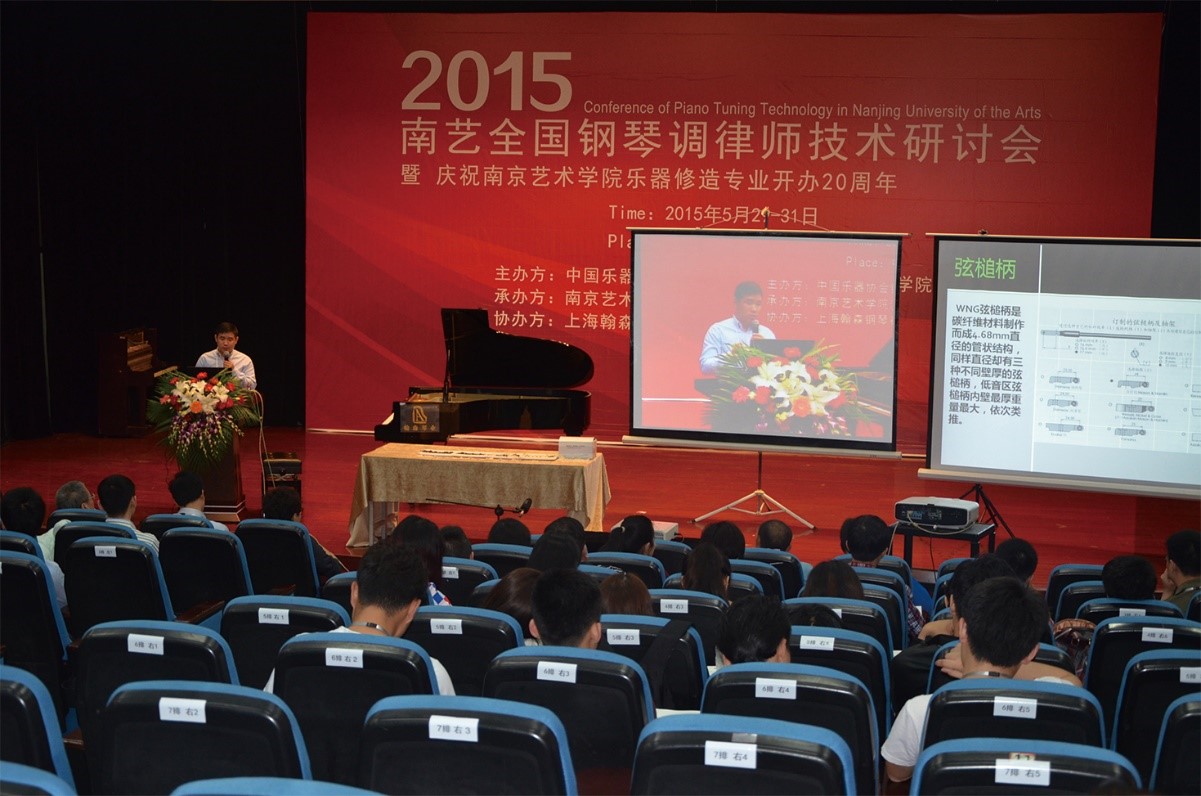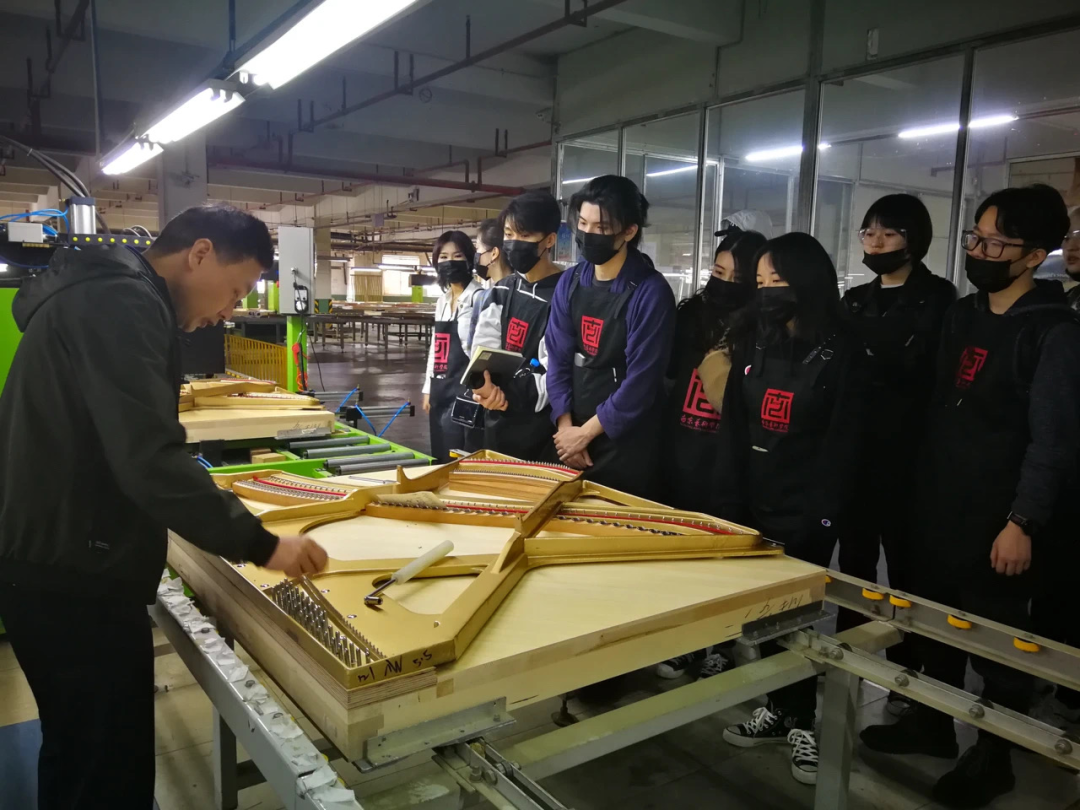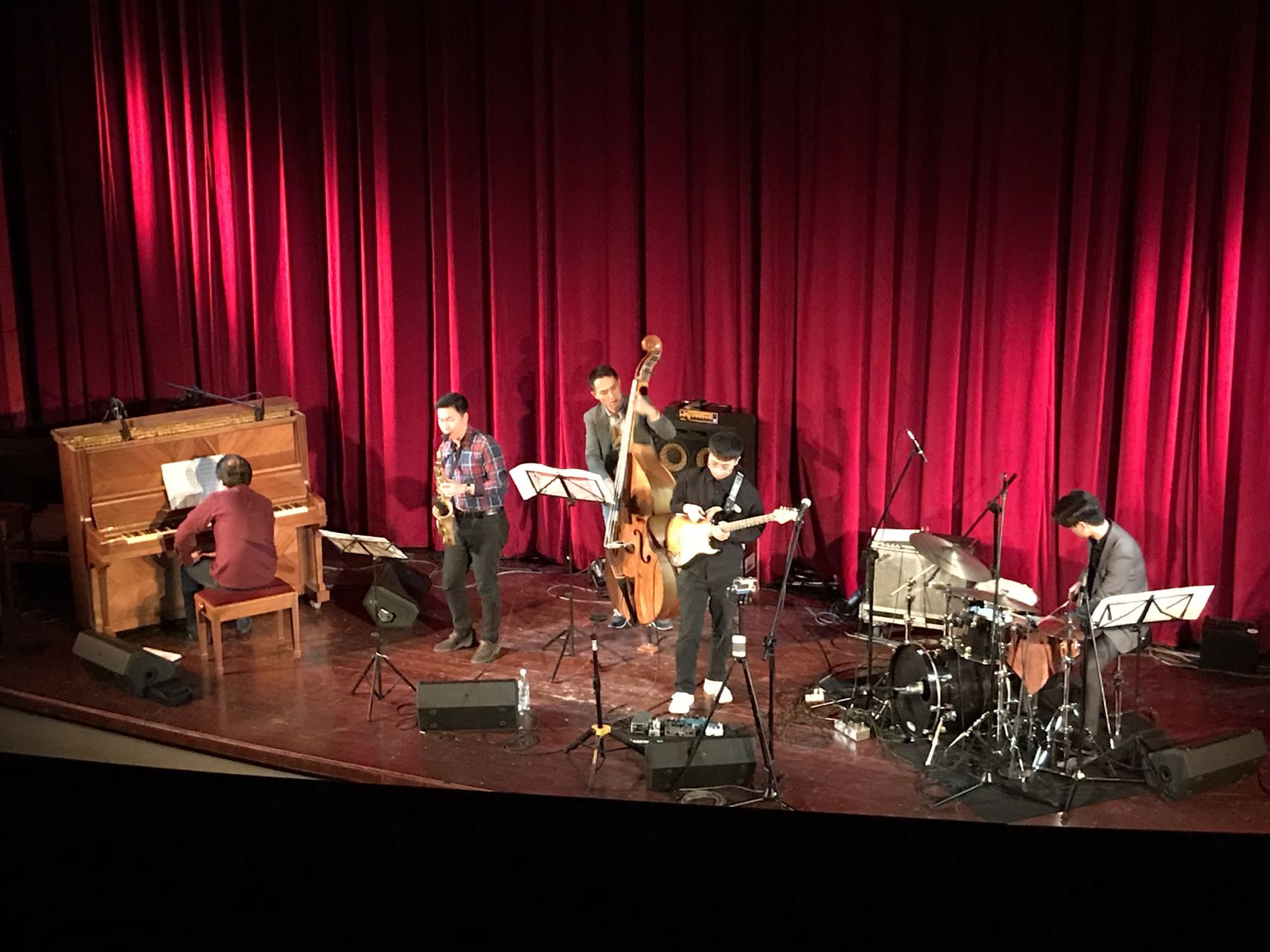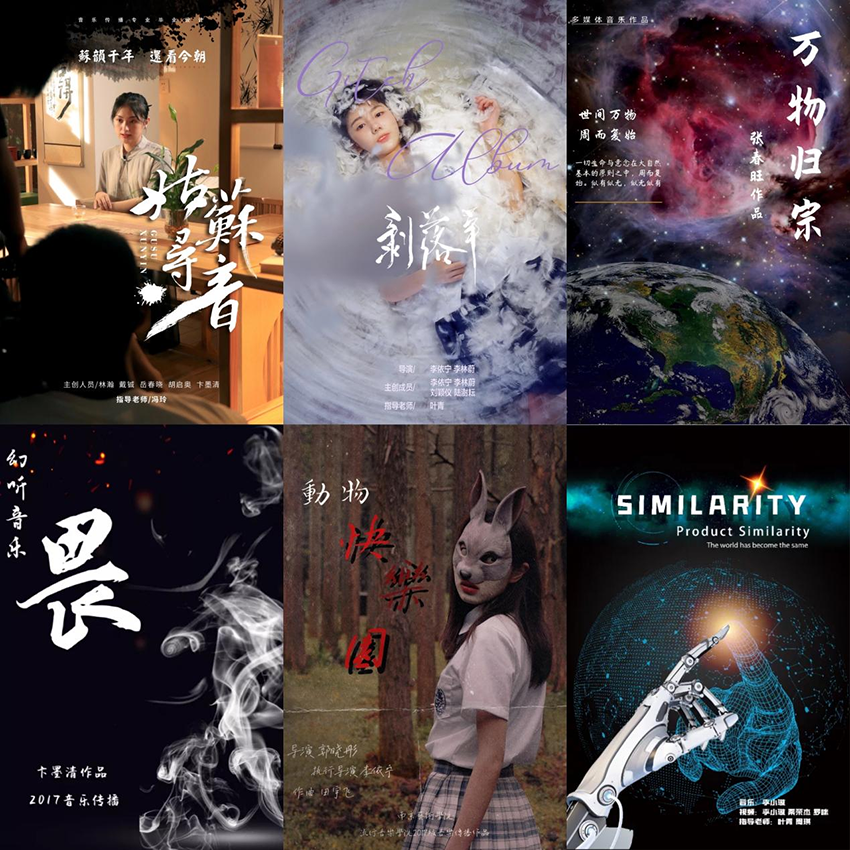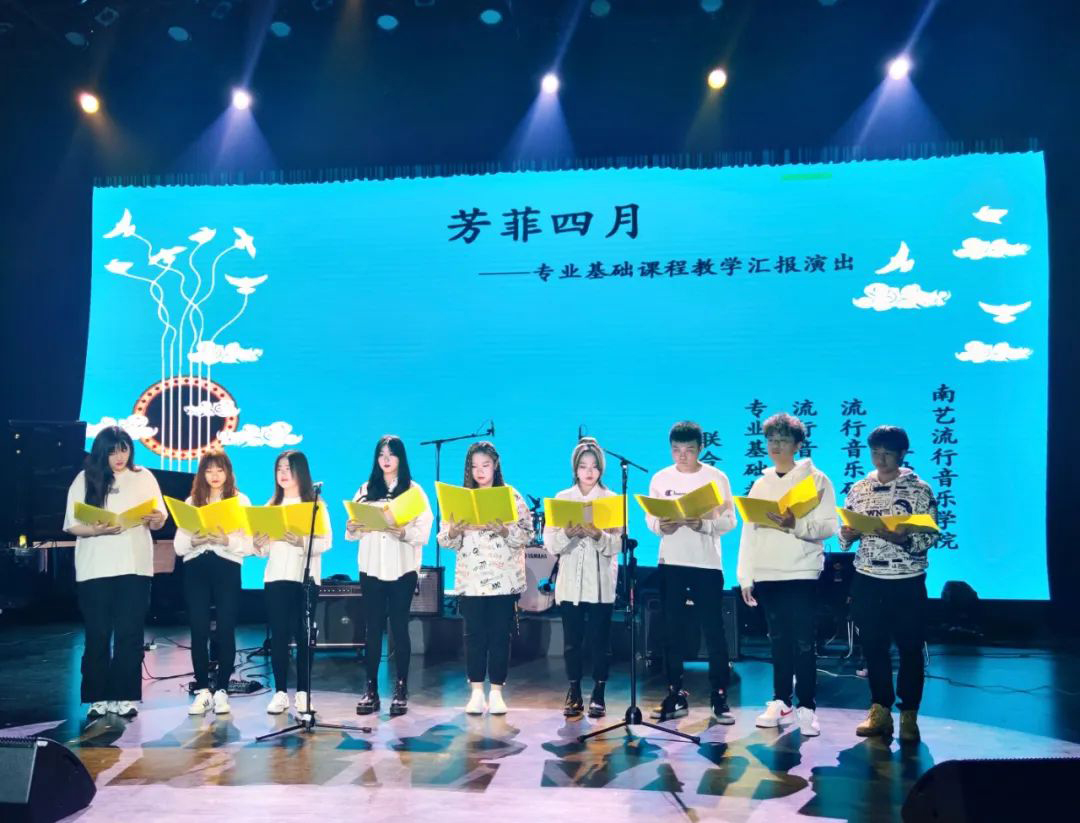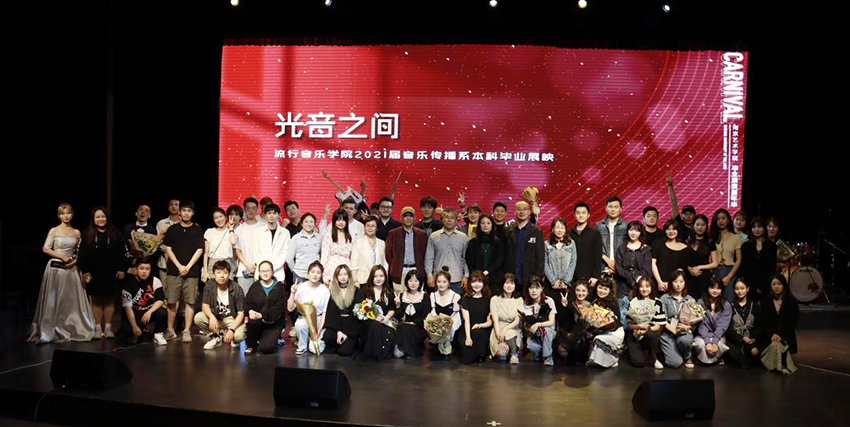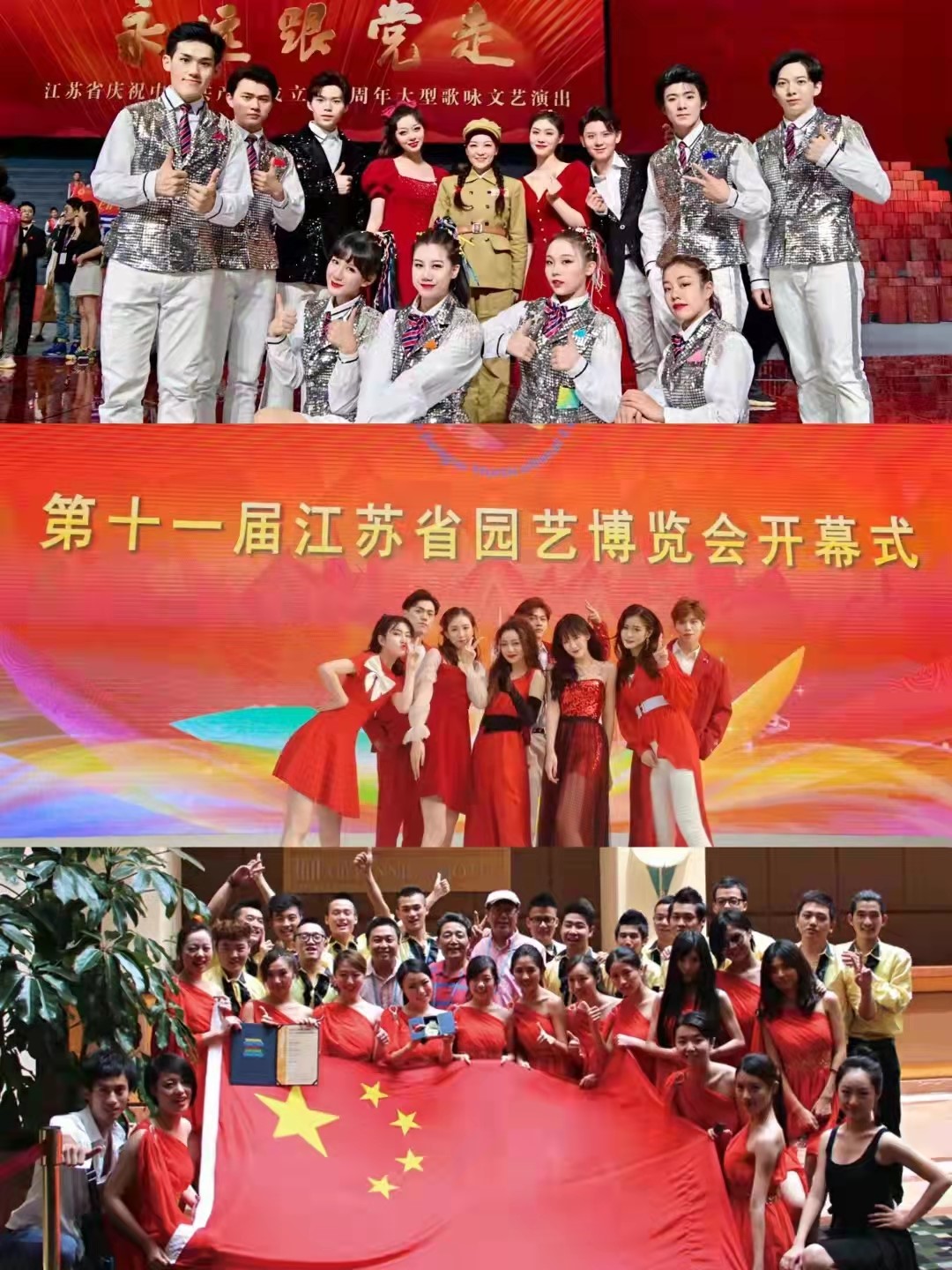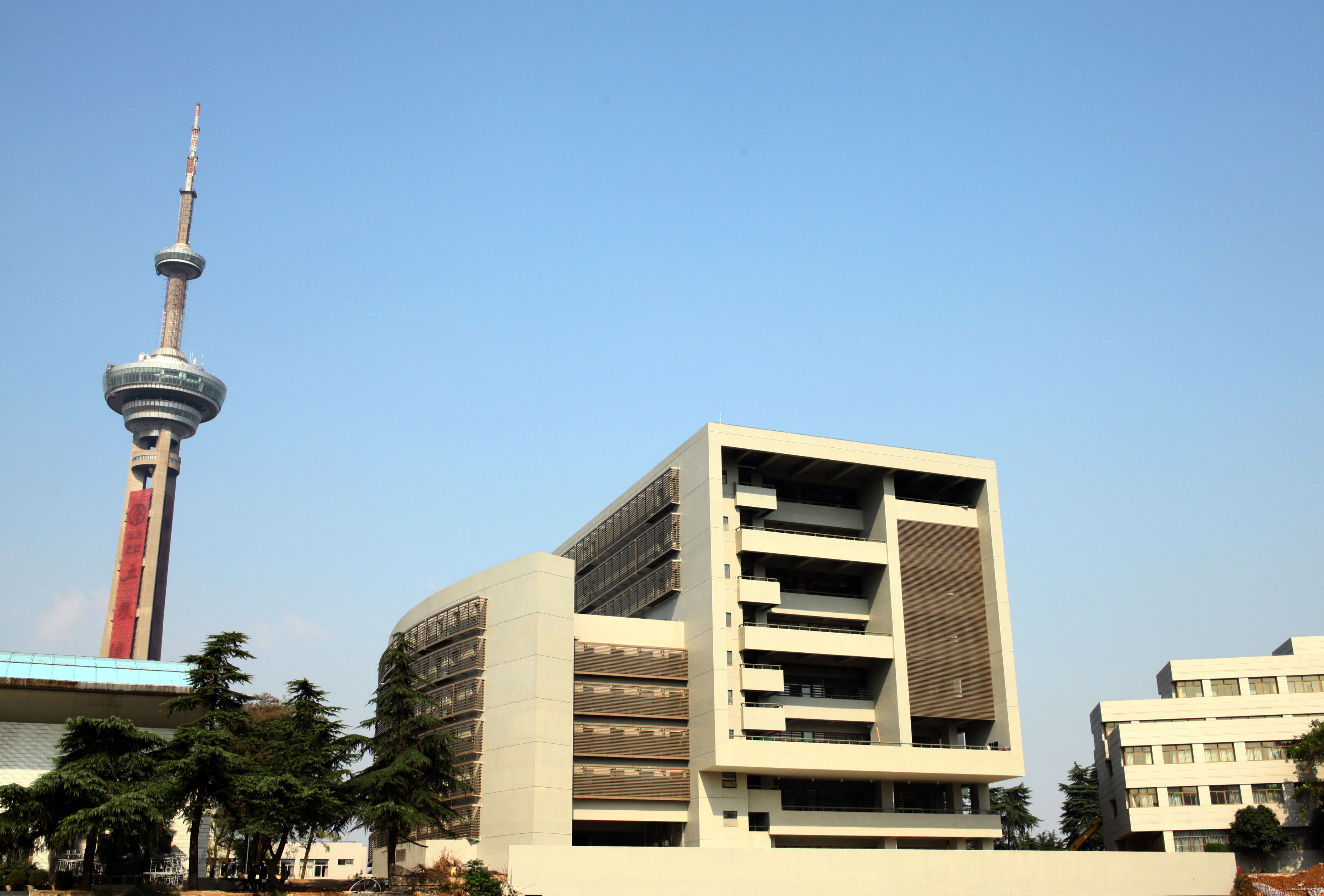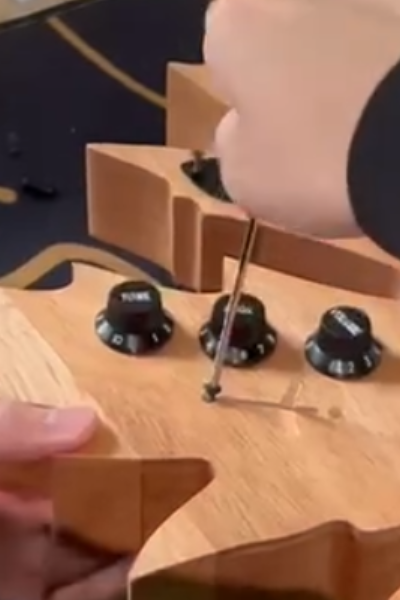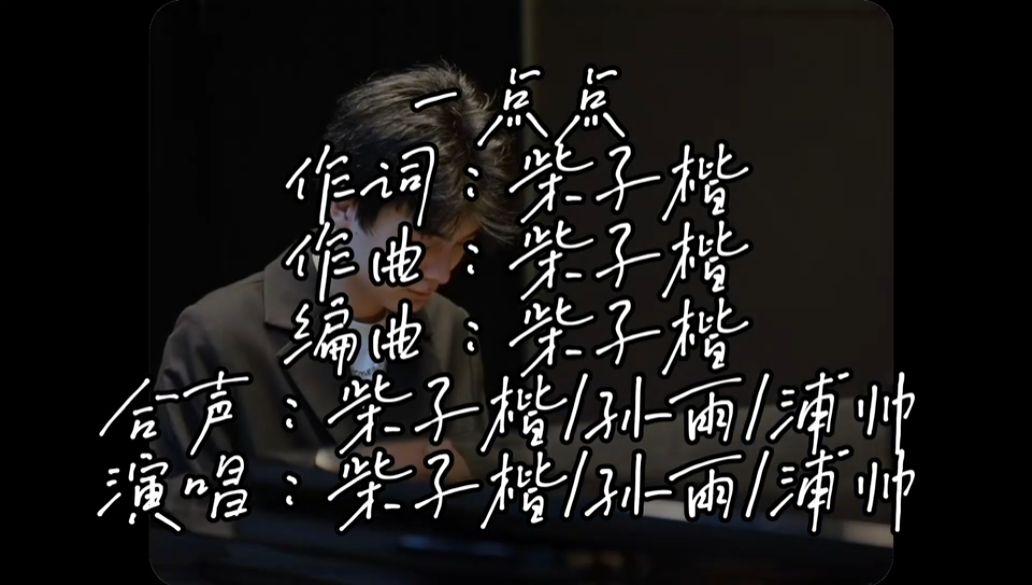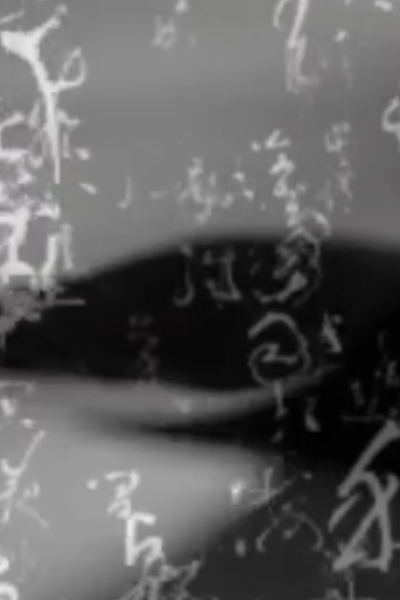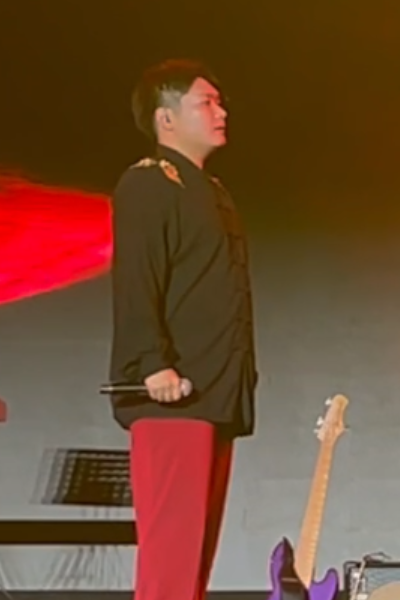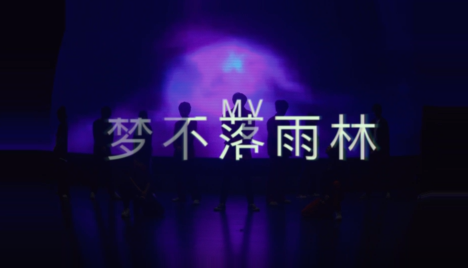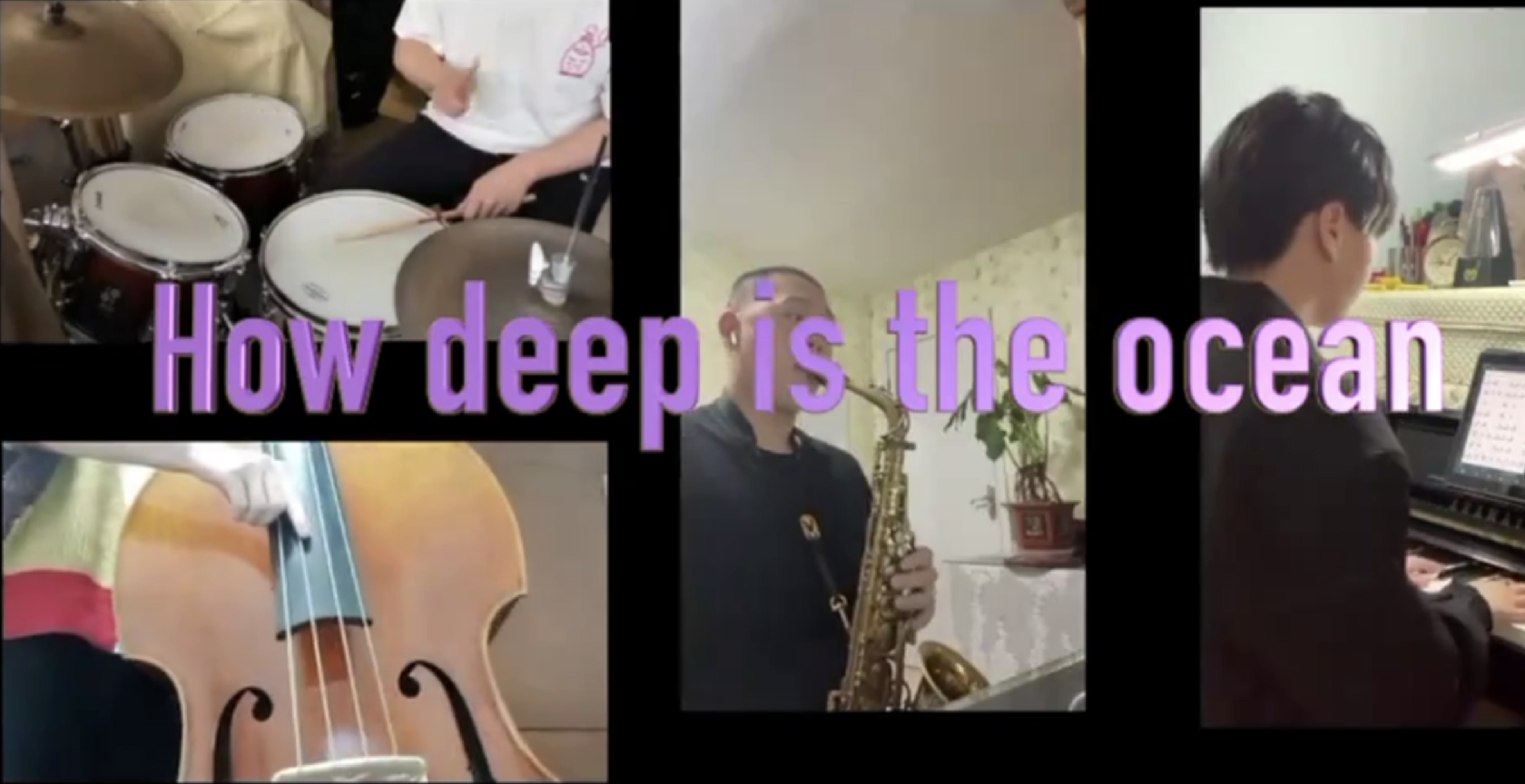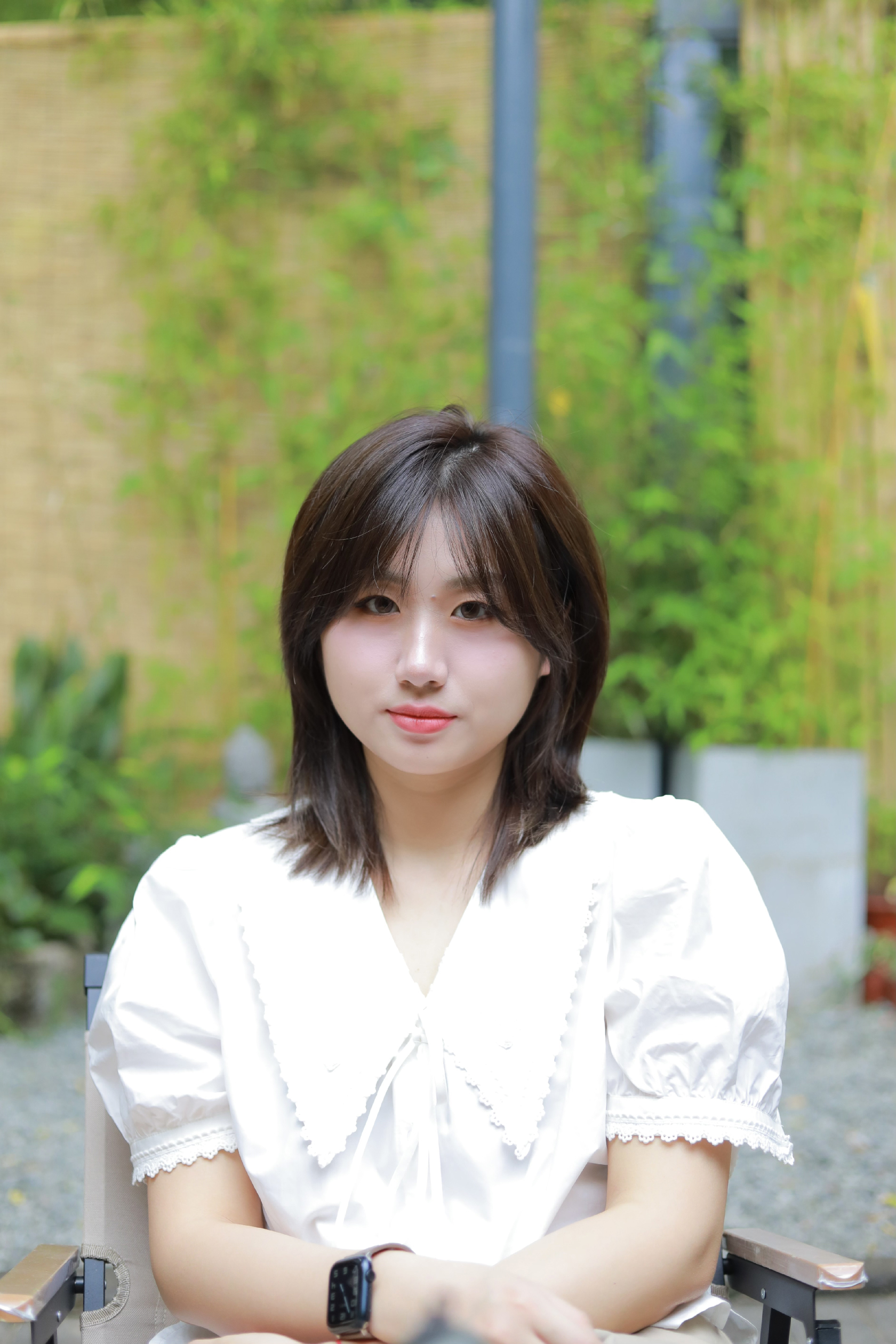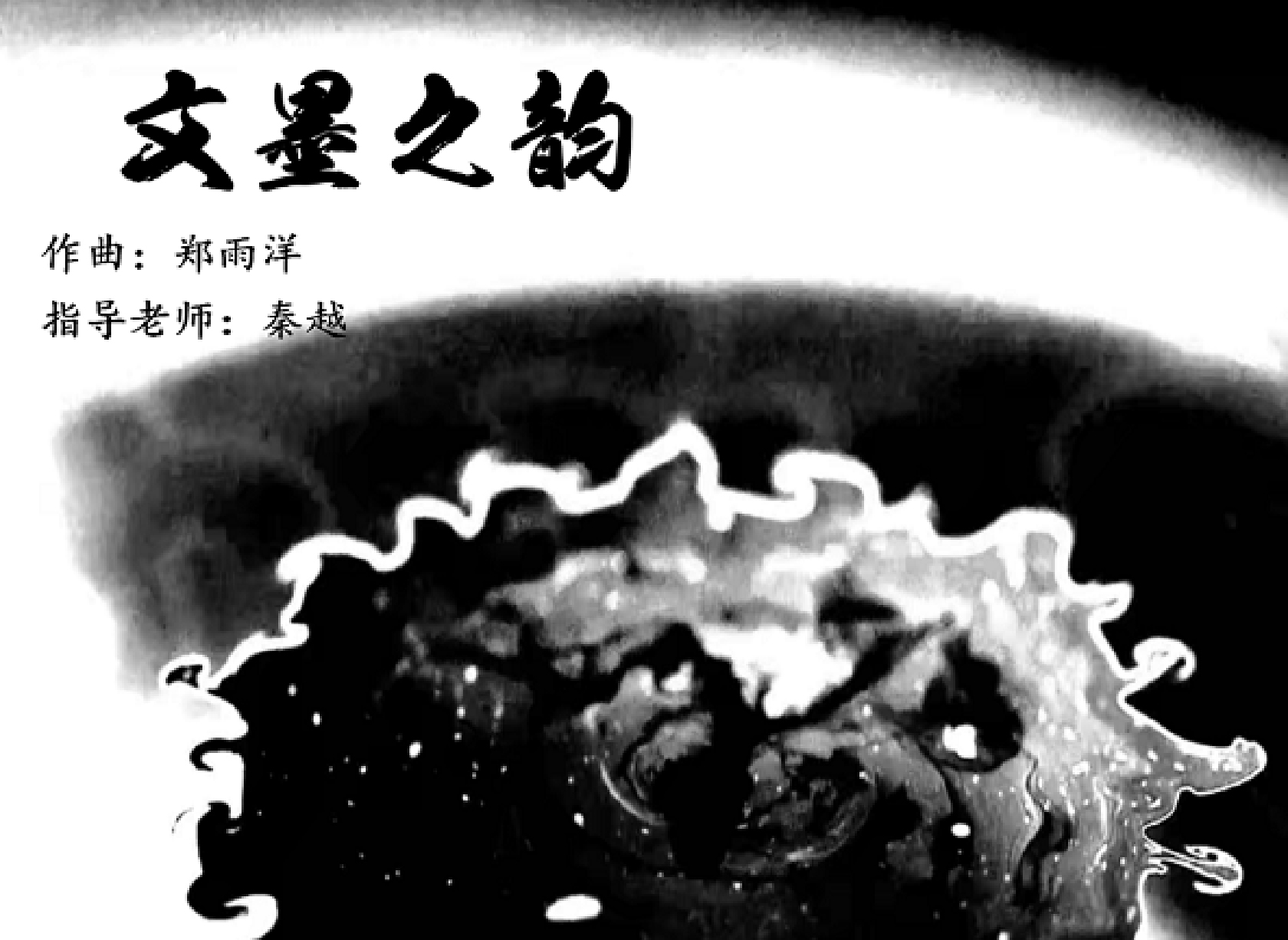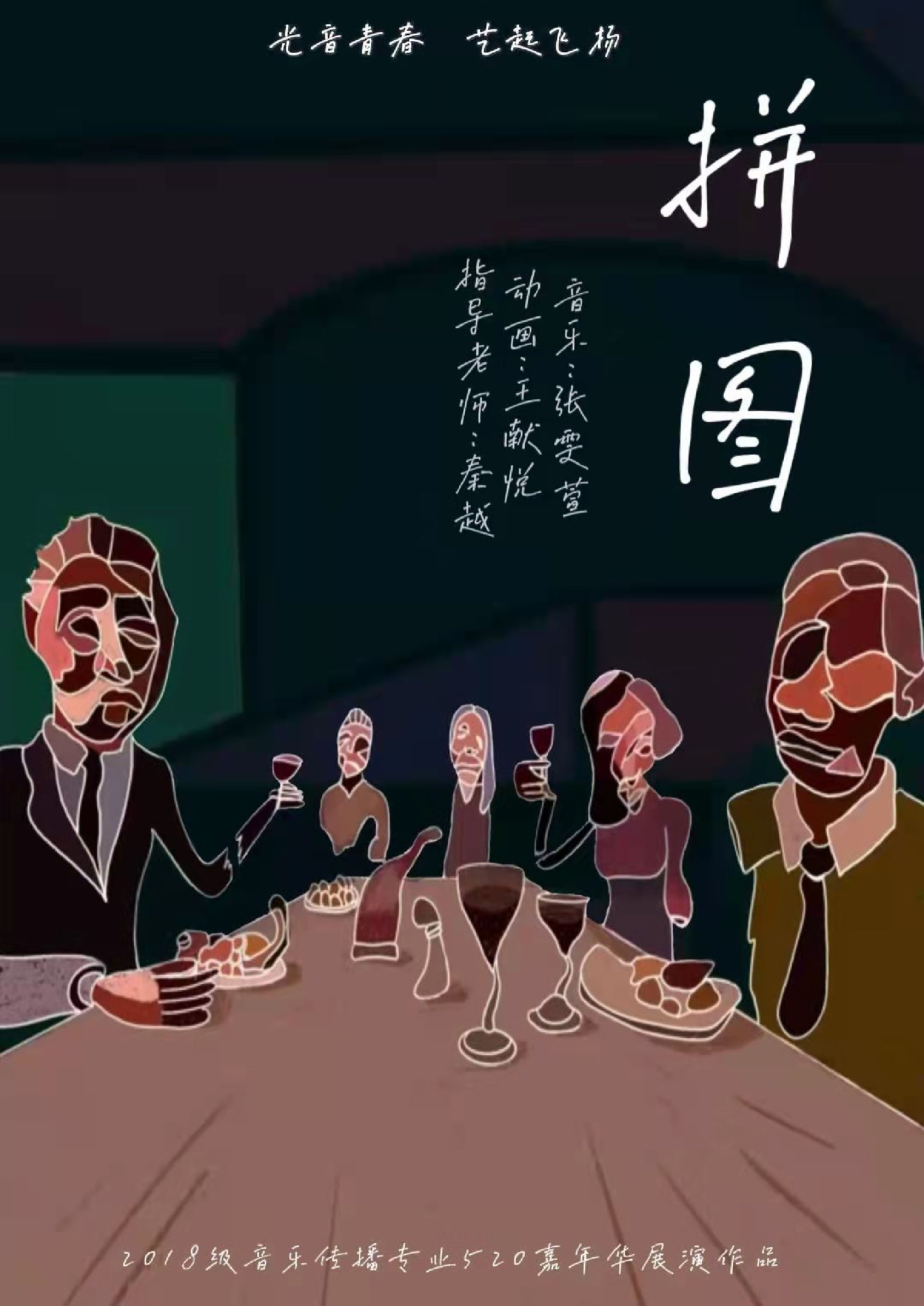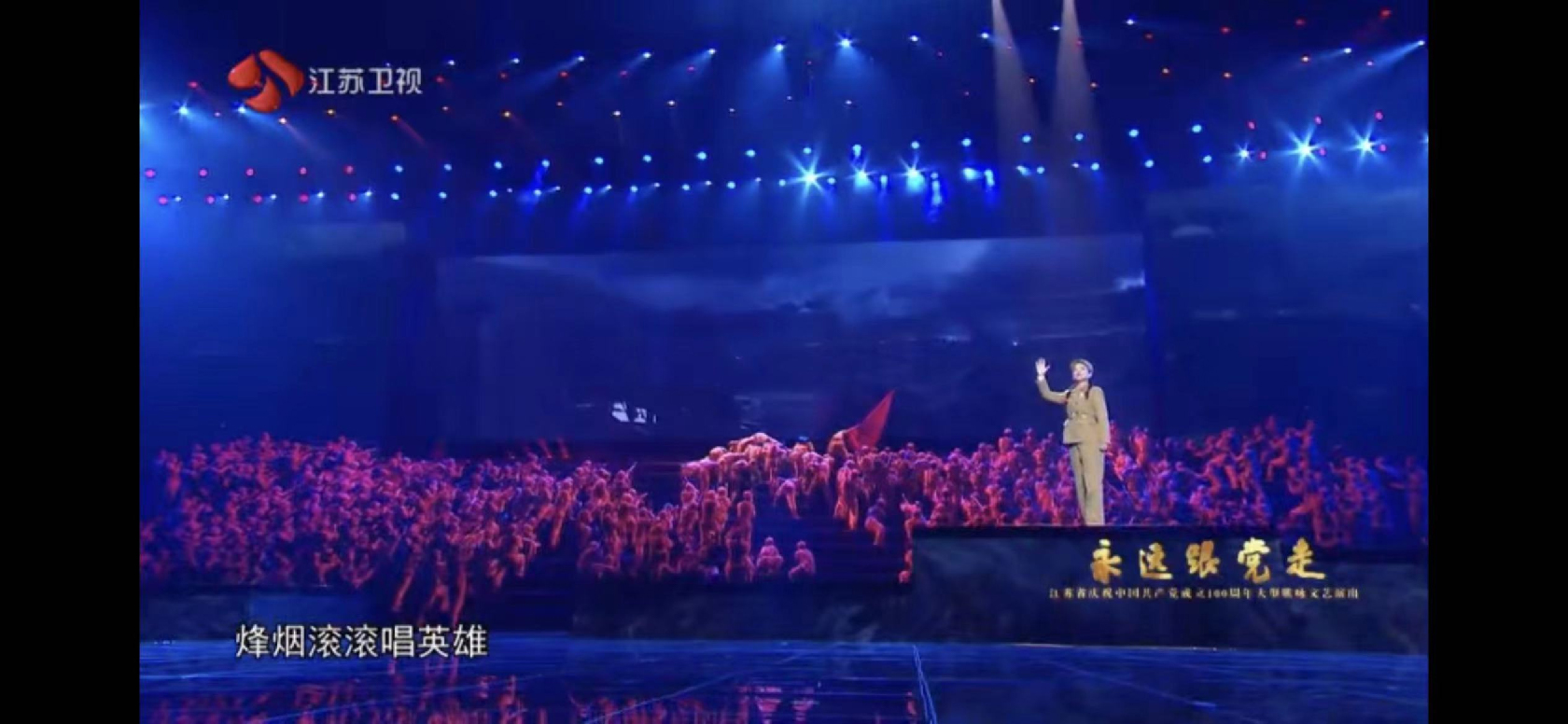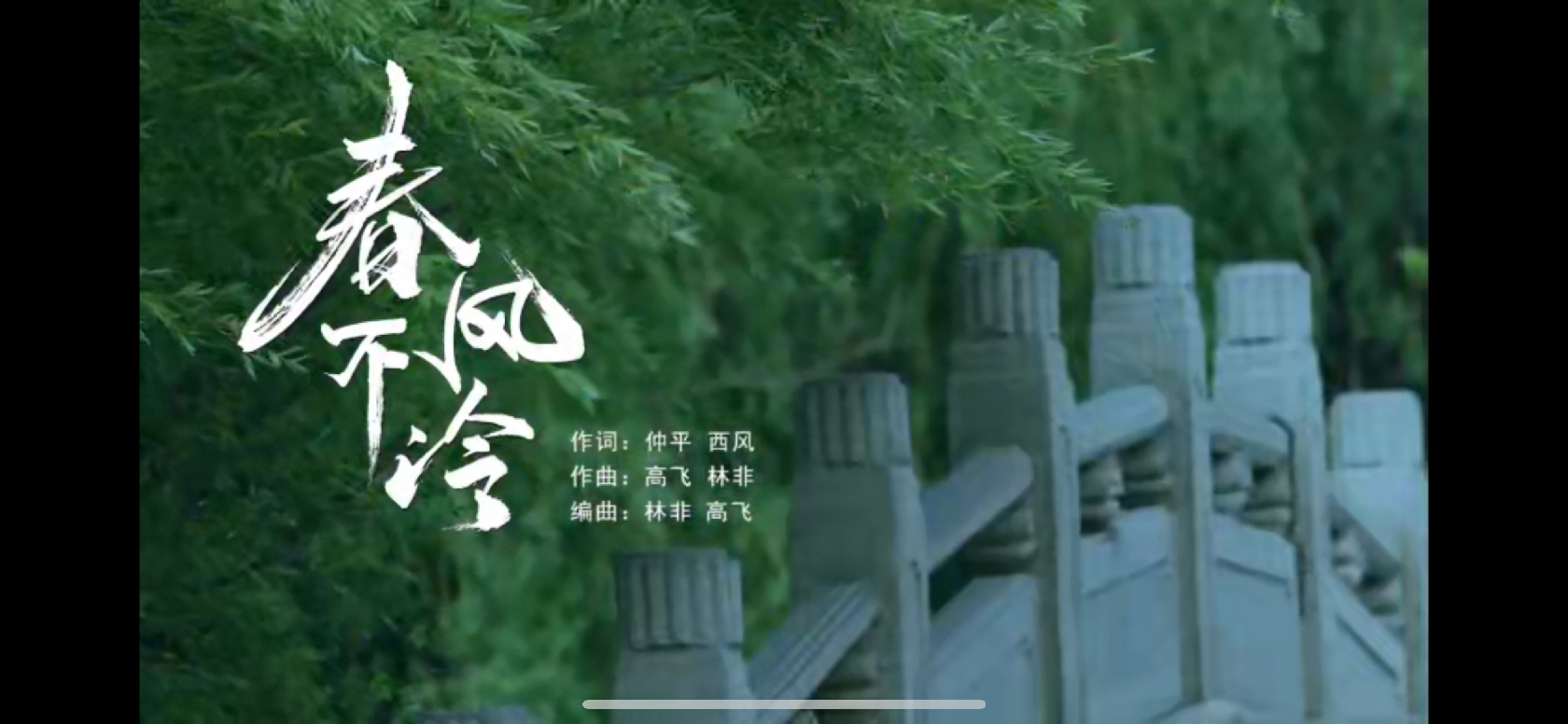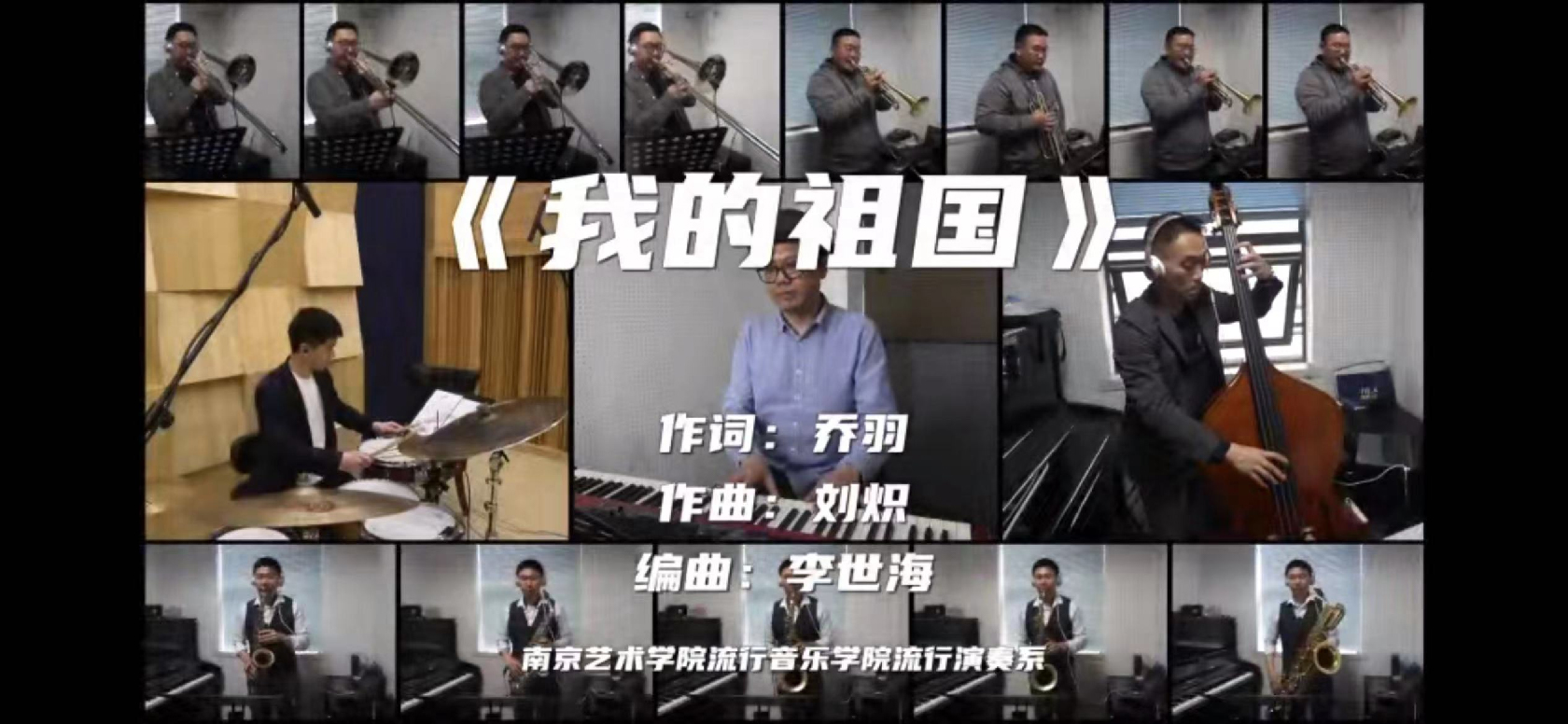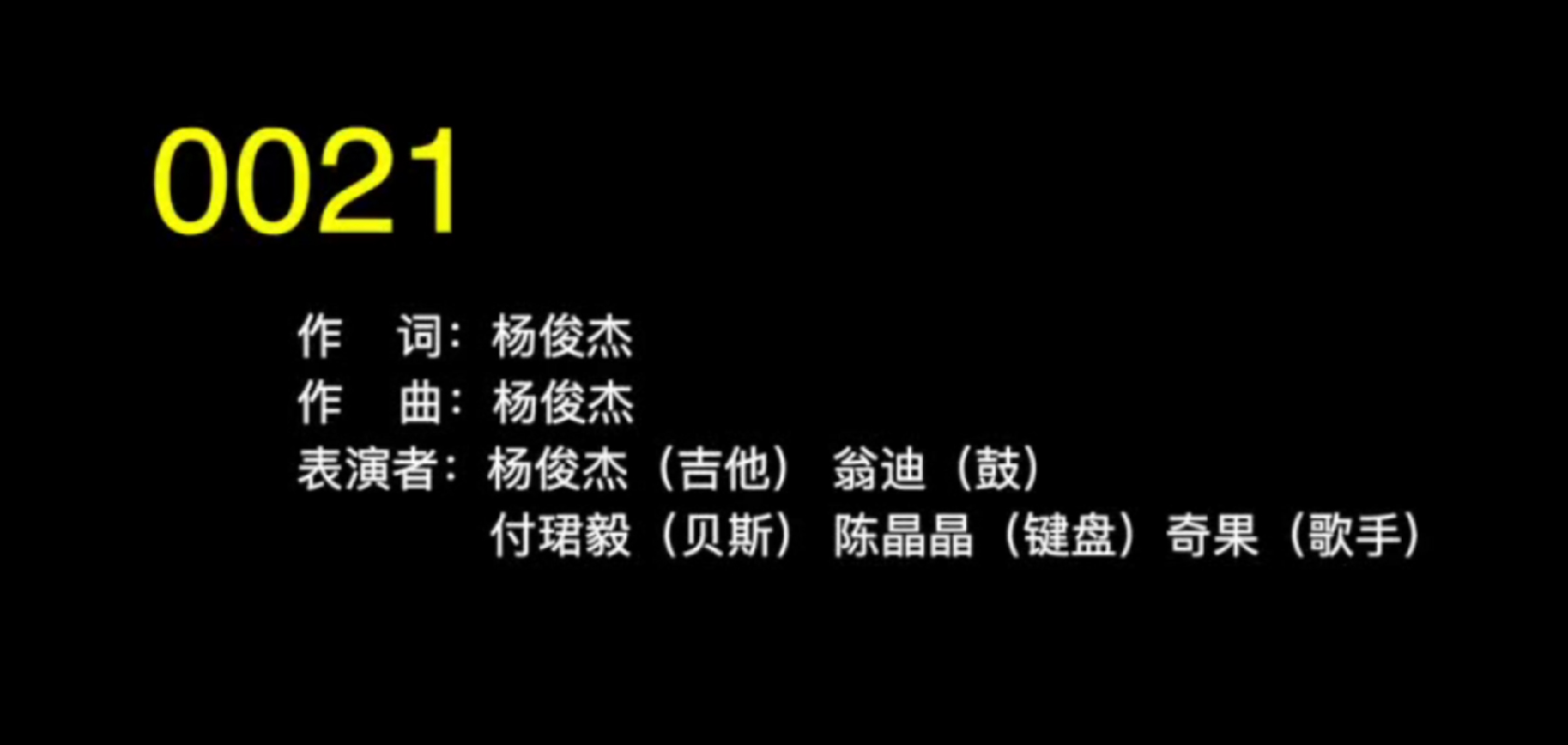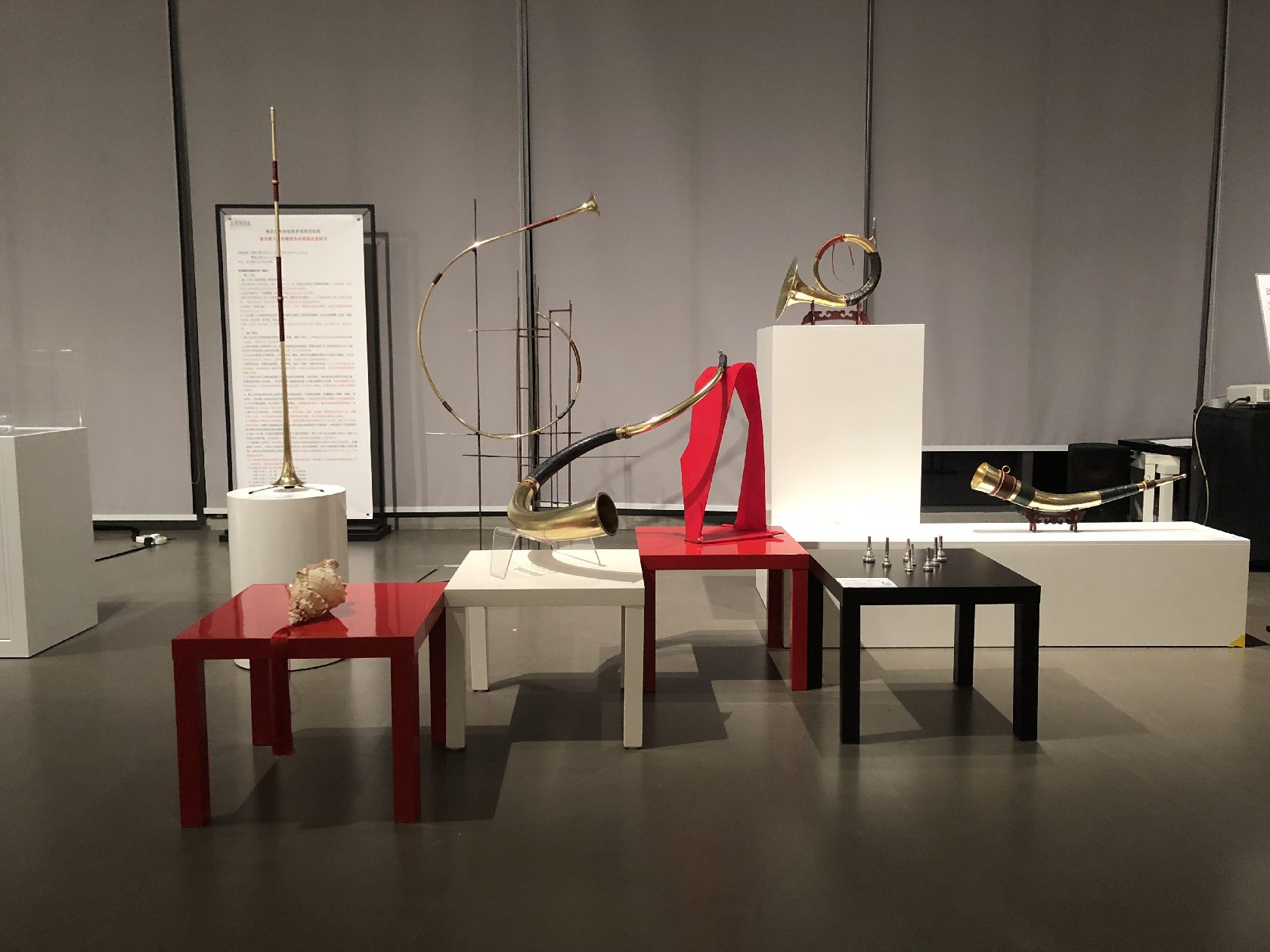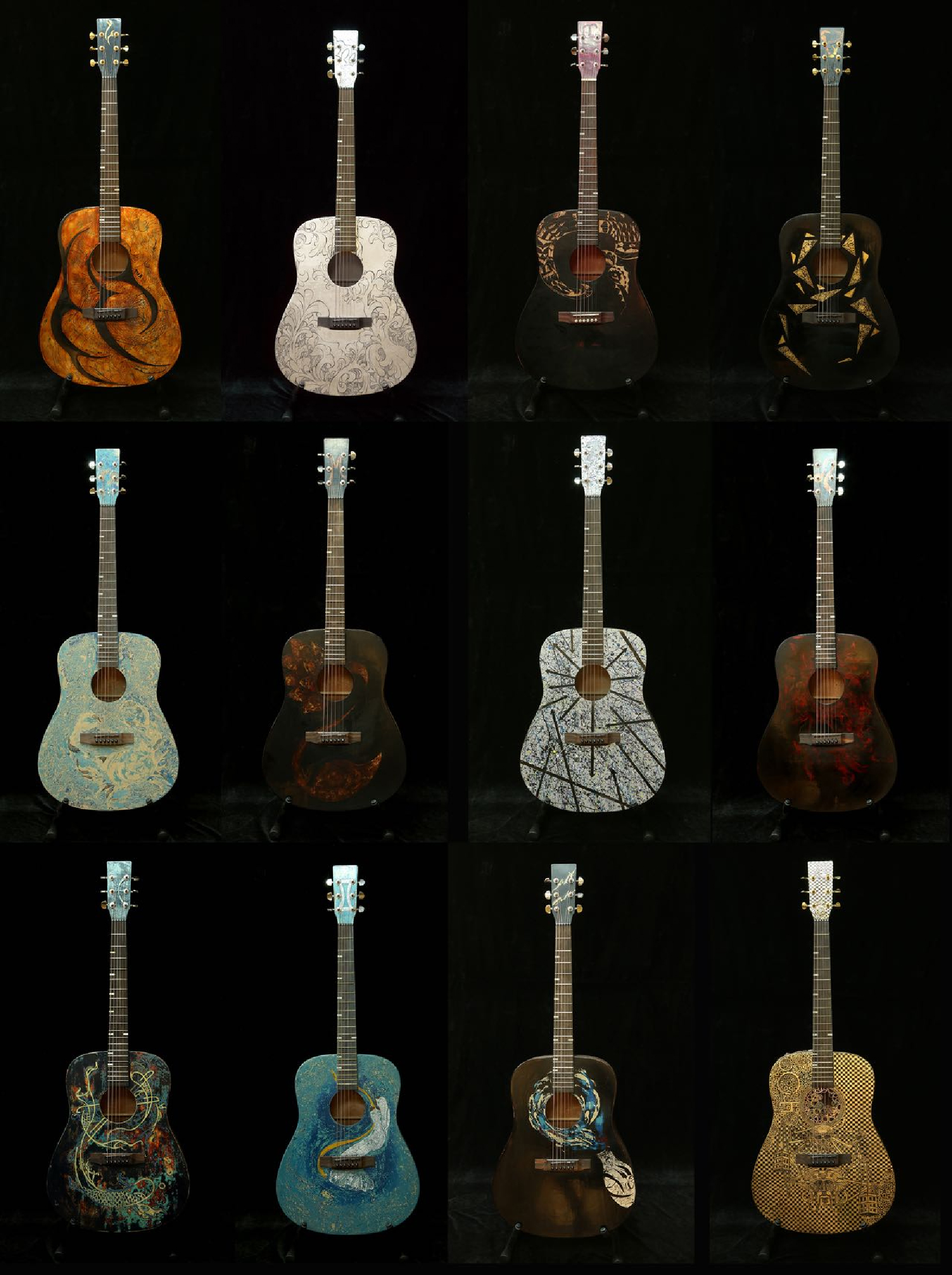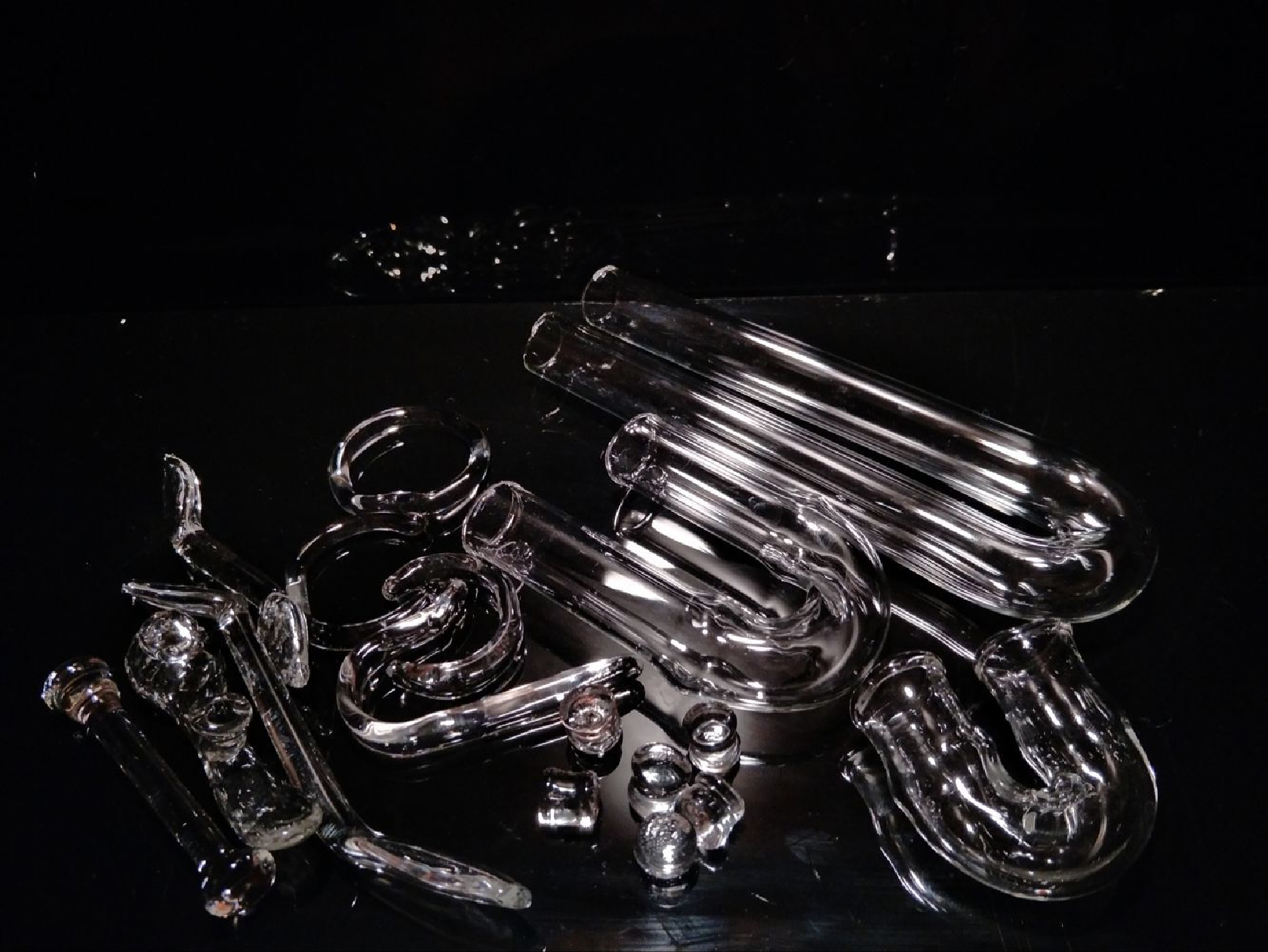Popular Music

The School of Contemporary Music and Technology of Nanjing University of the Arts (NUA), following the development of the times, aims to train versatile talent in music, with the abilities of self-development and entrepreneurship. In November 1995, NUA joined hands with Chubu Technical Academy of Musical Instruments to establish a piano tuning academy affiliated with NUA and set up the Piano Tuning major, creating the first school-running model of Chinese-foreign cooperation in Jiangsu. In 1998, the academy was renamed NUA (China-Japan) Aiyue Higher Technical College and had three more majors, namely Music Education, Music Composition, and Popular Music Creation. In November 2000, it was given the new name NUA (China-Japan) Aiyue College. Since December 2005, it has been known as the School of Contemporary Music and Technology, NUA. Over the past two decades, the School has trained a host of talented people in music for the country. The number of graduates from the school has exceeded 2,000.
There are four majors (major orientations) in the School.
1. Popular Music: This major aims to train interdisciplinary talented people in music and dance. The students are required to adapt to the needs of social and economic development and equip themselves with moral grounding, intellectual and physical ability, aesthetic sensibility, and work skills. They need to master the basic theory and basic knowledge of popular music and have the ability to perform and practice. Besides, they have to be capable of performing, composing, researching, teaching, and managing popular music in professional art troupes, entertainment companies, or primary-level cultural organizations.
2. Musicology (with Musical Instruments Repair and Manufacture): This major orientation strives to train talented people in technology and management. The students need to master the theory and technology of piano tuning, adjustment, and repair as well as wind instrument repair. Besides proficiency in these aspects, scientific management ability is also necessary. They should be qualified for musical instrument technology teaching and research, instrument debugging, sales, and other work at art academies or musical instrument production and marketing enterprises.
3. Musicology (with Music Transmission): This major orientation endeavors to train talented people with great abilities to write, direct, edit, and broadcast films and television dramas. The students are expected to engage in teaching, production, editing, and management in technical colleges, art troupes, audio-visual companies, publishing houses, and other related institutions.
4. Composition and Composition Theory (with Popular Music Composition): This major orientation helps students to develop a comprehensive ability in popular music composition. After graduation, they should be qualified for popular music composition, arrangement, recording, teaching, and research at art troupes, art academies, scientific research institutions, etc.
The School now has six departments: Department of Popular Music Composition, Department of Popular Music Singing, Department of Popular Music Performance, Department of Musical Instruments Repair & Manufacture, Department of Music Transmission, and Department of Basic Teaching. Besides, there are three academic units, namely the Institute of Popular Music, the Institute of Musical Instrument Research, and the Center for Discipline Development & Research. Besides, the School actively promotes postgraduate education. It is allowed to recruit postgraduate students with academic degrees and doctoral students for the programs of Popular Music Studies, Music Transmission, and Musical Instrument Science; and it is allowed to recruit postgraduate students (with professional degrees) for the programs of Popular Music Singing, Popular Music Performance, Popular Music Creation and Production, Musical Instruments Repair and Manufacture Techniques, and Music Media Technology. The School has employed more than 70 teachers (full-time and part-time), including more than 20 professors or associate professors and more than 10 visiting professors. The number of undergraduate students in normal full-time studying totals more than 500 while that of postgraduate and doctoral students exceeds 90.
Department of Musical Instruments Repair and Manufacture: The department is dedicated to cultivating versatile professionals who could master musical instrument repair and manufacture skills and theory of musical instrument science and who have the abilities in marketing management, entrepreneurship and development, and education and teaching. The department contains two major orientations, namely Piano Tuning & Management and Wind Instrument Repair & Management. The majors of the department feature high thresholds, unique teaching modes, and international elements. By drawing on proven international technical experience and advanced teaching concepts, the department has made standard teaching plans and technical assessment standards and formed a scientific teaching system.
Department of Music Transmission: The department aims to help students master knowledge in music, media, and management, sound theoretical basis in music transmission studies, and technologies of audio and video transmission. Students are required to acquire skills in music composition, stage planning, new media operation, creative music design, etc. Besides, they should be proficient in writing and the use of the non-linear editing system and audio production software, and should know how to develop creative plans for music projects. They also need to master knowledge in music art transmission and management, such as music program shooting and recording, music project planning, music program design and arrangement, music video production and branding, music performance planning and management, and music marketing.
Department of Popular Music Composition: The department endeavors to cultivate professionals who master the fundamental theory and basic knowledge of popular music composition as well as the skills in popular music composition, digital music production, and music recording. Students have to be qualified for popular music composition, arrangement, recording, and social services so that they may be employed by art troupes, record companies, media organizations, primary-level cultural organizations, etc. In recent years, students and teachers in the department have undertaken scientific research and artistic creation projects at the national, provincial, and ministerial levels many times and have won several awards in domestic and foreign competitions. As for foreign exchanges, the department has been actively advancing enterprise-university-research institution cooperation. Joining hands with renowned musicians including Bian Liunian, Xu Yuteng, Wu Mengqi and Xu Huanliang, it has designed diversified paths for talent training.
Department of Popular Music Performance: The department focuses on training professionals in modern instrumental music performances. It has set up several major orientations including Keyboard (including Jazz Piano and Popular Keyboard), Electric Guitar, Bass (including Jazz Bass and Electric Bass), Jazz Drumming, Saxophone, Trumpet, Trombone, and Double-row Key Electronic Organ. In addition to specialized courses, the department also provides students with academic exchanges and performance activities by domestic and foreign experts. For example, it held the National Jazz Education Symposium and Jazz Music Competition in 2018, the International Jazz Day Special Concert for Nanjing University of the Arts in 2019, and the Katowice Jazz Art Festival. The department boasts a first-class teaching team in China. The students and teachers have staged performances at home and abroad and have won many awards in domestic and foreign professional competitions. For instance, they have won the Best Jazz Instrumental Album Award of the CMIC Music Awards, the Gold Award of Adult Jazz Drumming in the 10th edition of Italy Percussion Competition, the Best Young Double-row Key Player Award at The Prime Golden Bell Music Award of China-Yangtze River Piano Competition, Bronze Award for Wind Instrument Solo in the 1st SWISS International MUSIC Competition, and Bronze Award in the 8th Stockholm International Music Competition.
Department of Popular Music Singing: The department makes continuous efforts to train high-caliber versatile professionals who are characterized by unique personalities and bursting with vitality. Keeping pace with the times and keeping abreast of market demands, the department strives to improve students' abilities in singing, dancing, creation and arrangement so that they will be able to work in such enterprises and public institutions as art troupes, art academies and entertainment companies. In recent years, students and teachers in the department has won quite a few awards, including Gold Award in the International Choral Festivals Riva del Garda, Italy, Gold Award for Modern Popular Music in the World Choir Games, Gold and Bronze Awards for Popular Music in the National Vocal Music Competition co-sponsored by the Ministry of Culture of the People's Republic of China (dissolved in March 2018) and Harbin Municipal People's Government, and the Silver and Bronze Awards of the Chinese Golden Bell Award for Music co-sponsored by China Federation of Literary and Art Circles and China Musicians Association. In addition, they have also won several awards in the Youth Chinese CCTV TV Grand Prix, Gold Award and Honorable Mention of the Yangtze River Delta Vocal Competition, the First, Second and Third Prizes of Jiangsu Provincial Music and Dance Festival, Gold Award and Honorable Mention for Popular Music of Jiangsu Provincial Vocal Music Competition of Molihua Award, and Gold Award in Jiangsu Music Super League for University Students.
The students and teachers in the Department of Popular Music Singing have also been invited to many domestic variety shows. Many students, including Geng Sihan, Jiang Yuandong, Jia Zheng and Fu Xinyao, appeared on the stage of The Voice of China launched by Zhejiang Television. Music competition programs organized by Hunan Television and Shanghai Television have also witnessed the wonderful performances of students in the department, such as Bin Junjie in The X Factor, Zhang Xiaoyu (placed third) in Super Girl in 2016, and Dong Pan in Super-Vocal. Besides, some students from the department still receive wide attention in China's popular music circles, including Geng Sihan, winner of The Next and a competitor in Singer 2020. In addition, the department has also trained many outstanding idols, including You Zhangjing, Zhao Anni and Jia Zheng, who stood out in such variety shows as Idol Producer, Miss Voice, and Sing Out. New media singers Dai Yutong and Li Chengyang are also popular.
Relying on the central financial fund for local universities, the School of Contemporary Music and Technology has built six platforms for teaching and scientific research, namely, Musical Instrument Science Audio Testing Laboratory, Jazz Teaching & Practice Center, Music Transmission & Network Teaching Platform, Musical Instrument Restoration Research Center, Digital Music Visual Analysis & Creation Center, and Popular Music Nationalization Research & Communication Platform (under preparation).
The School takes initiative to learn from art academies of higher education at home and abroad and actively carries out academic exchanges and art performances together with foreign countries. Recent years have also witnessed closer cooperation between the School and art academies in the USA, Norway, South Korea, Australia, and other countries. The School has made great progress and remarkable achievements in internationally cooperative school running and student-teacher exchanges. It has also invited numerous celebrities and masters in the art and education circles at home and abroad to give lectures and exchange ideas, improving the school's teaching level and raising its visibility.
The students and teachers have won numerous awards in major events such as international choral festivals, competitions for the Chinese Golden Bell Award for Music, national vocal competitions, and the Jiangsu Provincial Vocal Music Competition of Molihua Award. Outstanding students, including You Zhangjing, Zhang Xiaoyu, Geng Sihan, and Liu Zichen, performed well in lots of major domestic variety shows. The above-mentioned awards and excellent performances have fully proved the strength and level of the school.

